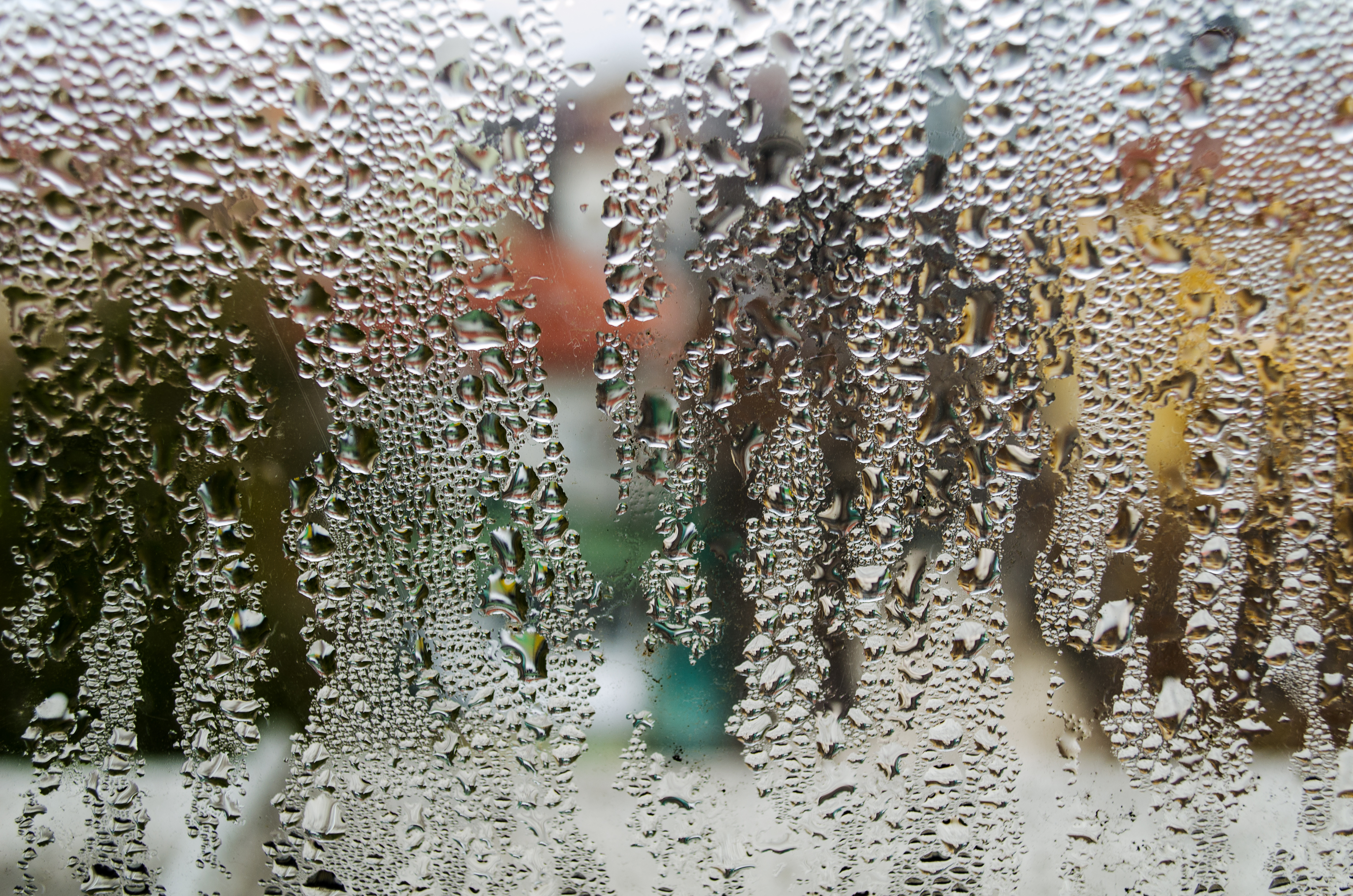At times, Dallas Fort Worth Metroplex has been very wet – which is very good for lawns and outdoor plants to maintain their green. Even just the humidity of summer – without rain – can help maintain that greenery. That moisture in all the plants, soil and other areas also means increased humidity – and it’s not just outdoors where you can feel it.
Humid air holds heat more efficiently than dry air (don’t we know this since we live in Texas!) while air that is too dry – which is usually in winter months – brings it’s set of problems. When air is too dry, there’s no impediment to dust being blown up into the air, and there is usually more dust generated. Low humidity also causes lung and throat irritation.
However, when humidity is high – like it has been lately in DFW – moisture can gather in hard-to-dry places such as cracks and poorly-sealed joints, which can provide the environment needed for mold, mildew and bacterial colonies to grow.
Too much humidity can cause condensation on windows, wet stains on drywall such as walls and ceilings, moldy bathrooms, musty odors, and a clammy feeling in the air. Rot and structural damage can also result from extended periods of high humidity in your home. Bugs are always looking for water, and condensation provides bugs with the water they need.
You can measure your indoor humidity levels by investing in a small, inexpensive and easy-to-use instrument called a hygrometer. This can measure the humidity level in your house and confirm if you have too much or too little. Your home will feel most comfortable at humidity levels between 30 – 50%.
When humidity levels reach above 55%, your home becomes a breeding ground for allergens like mold, dust mites, fungi and bacteria. Dust mites alone are the number one cause of indoor allergens
High humidity in your home can also result in a few health problems. For one thing, sweat doesn’t evaporate as easily in humid weather, so our bodies make even more to compensate. This excess sweating can cause dehydration.
High humidity has also been linked to sleep problems – when you feel hotter, you tend to toss and turn which leads to restless sleep. Increased congestion is also possible, which can lead to additional sleep problems.
Everyday things that can help reduce the humidity in your home:
- Vent areas that create moist air, like the shower or bathroom
- Use range and bathroom exhaust fans while cooking and bathing
- Cook with pans covered
- Take shorter showers with cooler water
- Reduce the number of plants in your home
- Vent the clothes dryer to the outside
- Make sure your air conditioner is sized correctly – air conditioners lower air temperature primarily by removing humidity from the air. An over-sized unit does not actually do a better job of cooling your home because it results in your compressor running for shorter periods, which cannot remove moisture from the air. Your AC may run longer during more humid conditions for this reason.
- Add carpet – carpeting can actually help trap some of the moisture in the air
For commercial property inspections in the Dallas/Fort Worth area, including a thorough and informative home inspection report, learn more at
or request a quote for a commercial inspection at
682-351-2267



